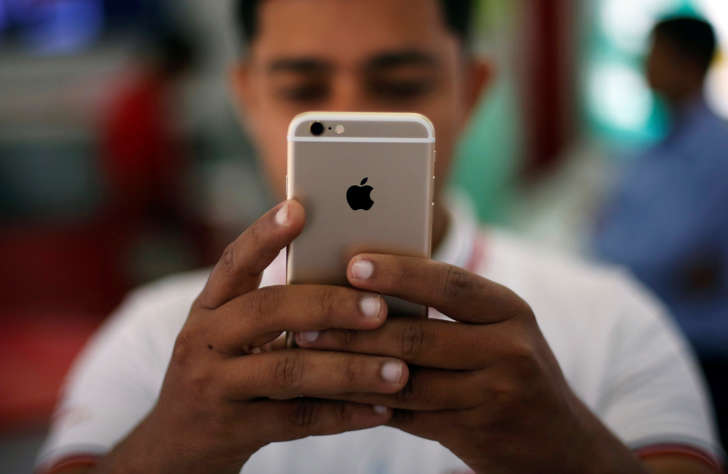logo designers dubai
logo designers dubai,design,graphic,banner,logo,brochure,catalogelogo designers dubai
logo designers dubai,design,graphic,banner,logo,brochure,catalogeTech companies are building tiny, personal AIs to keep your messages private
Science fiction tells us one day we’ll talk to our phones and computers like they’re people, as suggested in movies like Her and 2001: A Space Odyssey. But we’re now facing a different reality: Our digital lives aren’t managed by one entity, but rather a collection of AIs that gather information about how we type, what kind of media we like to see, and what we should be doing throughout the day.
Right now, a lot of these algorithms require too much computing power to run on phones and other smart devices—that’s part of the reason why the cloud has been so revolutionary. But a coming wave of advances in AI research and deployment will bring algorithms that require far less compute power, meaning we can carry them around on our smartphones, smartwatches, and smart belts, without sending personal information like texts back to the servers of Facebook and Google. This technology could allow a fresh start for privacy within messaging apps, especially now that users are beginning to understand the importance of end-to-end encryption on their personal messages.
Here's why tech has taken over our relationships
6 tech hacks you need in your life
Drones help expand the world's busiest airport
Drones and airports usually go together like oil and water, but you can't say that about Atlanta's air hub. The city has formed a partnership with 3DR, Autodesk and engineering firm Atkins that has drones mapping Hartsfield-Jackson International Airport as part of a planned expansion. The key to making it work was Site Scan, 3DR's autonomous data capturing tech. The drones could capture 2D mosaics and 3D point scans while staying well away from the airliners -- no mean feat when they're flying between runways at the busiest airport in the world (over 100 million passengers per year).
What to expect with Apple's 2017 iPhone 'X'
With Apple’s next iPhone seeing even more fevered speculation this week, a long-time display expert offers his predictions.
Call it the “iPhone 8,” or “10th anniversary iPhone” or what some analysts on Wall Street refer to as the “iPhone X” -- with "X" referring to the roman numeral 10 -- expectations for Apple’s next phone are high after the company turned in a record quarter this week, selling more iPhones than ever.
The centerpiece of that future phone, due later this year, will likely be an organic light-emitting diode (OLED) display, according Raymond Soneira, a display expert who heads DisplayMate Technologies and published a report this week with his thoughts on Apple’s future phone.

